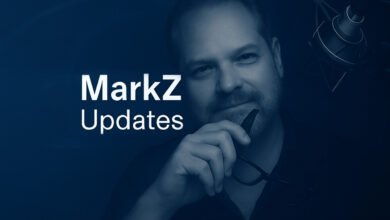Dinar Guru
Militia Man
We got a couple gems every day… There are real things happening that are powerful to me and they should be to you too… Article: “Officially the tripartite agreement was signed and set to the Council of Ministers”. Headline is awesome. Quote: “Erbil, Baghdad and the oil companies operating in Kurdistan officially signed the tripartite agreement a short while ago…The agreement paves the way for the resumption of the region’s oil exports and removal of obstacles preventing the release of salaries for Kurdistan region employees.“



